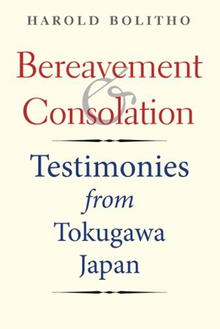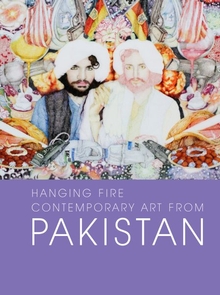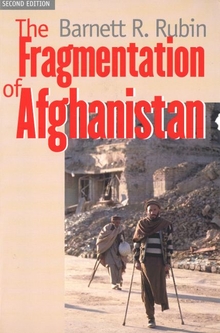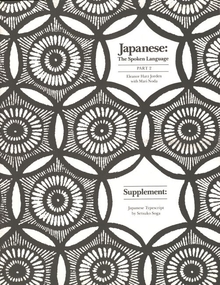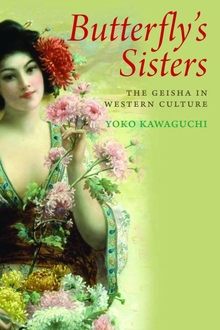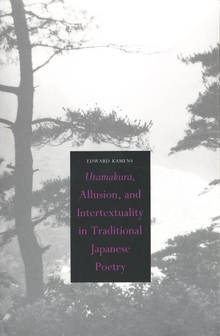Bereavement and Consolation
WARNING
You are viewing an older version of the Yalebooks website. Please visit out new website with more updated information and a better user experience: https://www.yalebooks.com
Testimonies from Tokugawa Japan
Harold Bolitho
Death came early and often to the people of Tokugawa Japan, as it did to the rest of the pre-modern world. Yet the Japanese reaction to death struck foreign observers and later scholars as particularly subdued. In this pioneering study, Harold Bolitho translates and analyzes some extraordinary accounts written by three Japanese men of the late eighteenth and early nineteenth centuries about the death of a loved one—testimonies that challenge the impression that the Japanese accepted their bereavements with nonchalance.
The three accounts were written by a young Buddhist priest mourning the death of his child, by the poet Issa, who recorded his father’s final illness, and by a scholar and teacher who described his wife’s losing struggle with diabetes. Placing their journals in the context of contemporary religious beliefs, customs and literary traditions, Bolitho offers provocative insights into a previously hidden world of Japanese grief.
Harold Bolitho is professor of Japanese history in the department of East Asian Languages and Civilization at Harvard University.
"An engaging little book. . . . In providing this glimpse into the hearts of these three griving men, Bolitho has enriched our understanding of life and death in Tokugawa Japan." —Margaret H. Childs, Journal of Asian Studies
Publication Date: September 3, 2013

